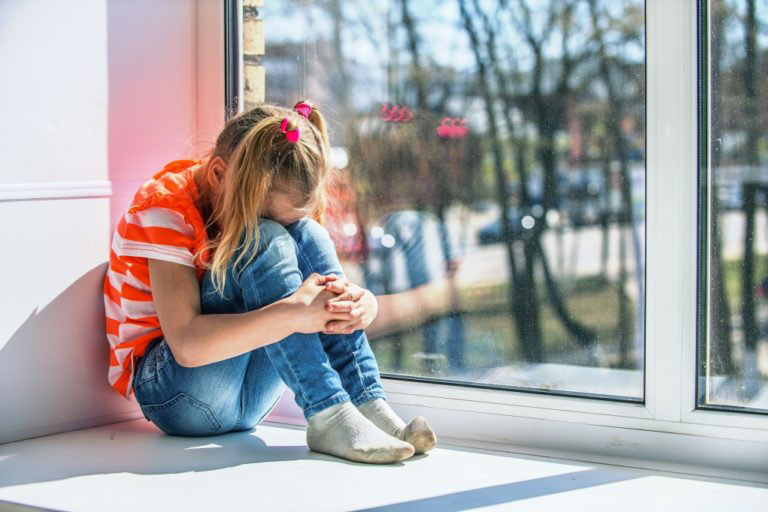Parents who have anxiety and depression have something to worry about: these mental health struggles may be hereditary. They may be passed on to your child, so on top of you being anxious about yourself, you may also be worried about their future.
But don’t think the worst just yet. Hopefully, with early intervention, you’ll be able to help them through some things that make them anxious as a child, so they will know how to handle these things in their adulthood better.
Dental Anxiety Isn’t Talked About Enough
You may be religiously taking your child to a pediatric dentist in Utah, and everything might be okay in the beginning. Then, things change when your child starts thinking about the fact that they are in a vulnerable position and their dentist is a stranger who is meddling with their mouth. The tools and equipment in the dental office do not look friendly, either. Suddenly, you notice a change in your child every time it’s time to go to the dentist.
This is not a cue to stop taking them to the dentist. Children may outgrow dental anxiety if they have the support of their parents and they have an understanding dentist who will do their best to make the situation less scary. There might be something that has triggered the anxiety in your child, such as pain or bleeding. Your reassurances will help them calm down. If you react alarmingly or aggressively, that will only make it worse for your child.
Socialization is Too Hard
Children these days learn so much even if they do not have an outside influence. They have tablets, toys, and other interactive gadgets to play with. However, none of these will be able to replace the quality interaction and socialization that your child gets from being around other kids their age.
Isolation does more harm to your child in the long run, as they do not learn social cues and they do not learn to become comfortable around people. It’s this isolation that may result in anxiety later on, especially if your child has to go to school in a new place where most children already know each other.
Adult Supervision Is Lacking

You want your child to be independent, so you think it’s acceptable to leave them alone for a couple of hours. Sure, exploration is good for a child, but when they face a situation that is unfamiliar and has caused them discomfort, your guidance is necessary. They may be in fear or feel confused.
Though you are teaching them a lesson, show them that you are there and willing to listen. They may have questions they don’t know how to form, or they may not know how to make sense of what happened. It’s irresponsible to leave children to fend for themselves while their brains are still developing and they are still learning how the world works.
Even the littlest thing you do may result in mental health struggles in your children later on. Show your love in helpful and supportive ways so that your child will never feel alone.






